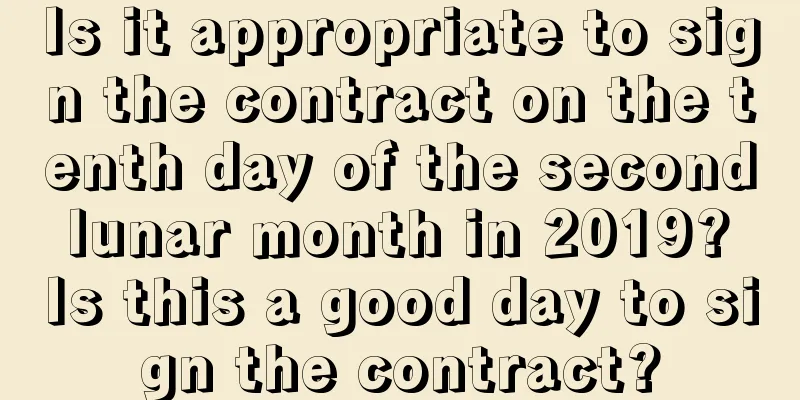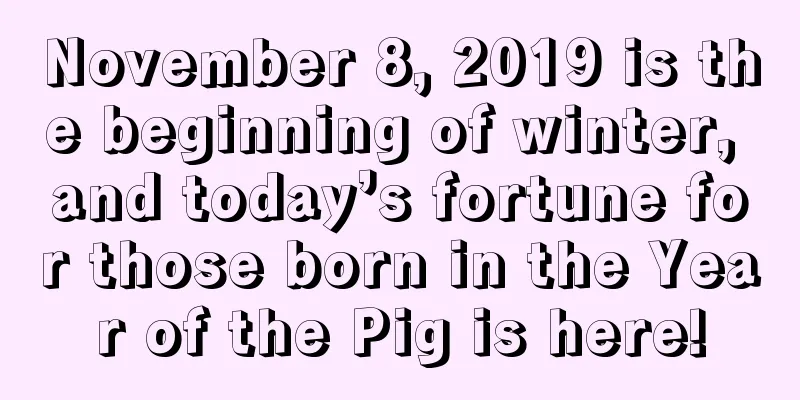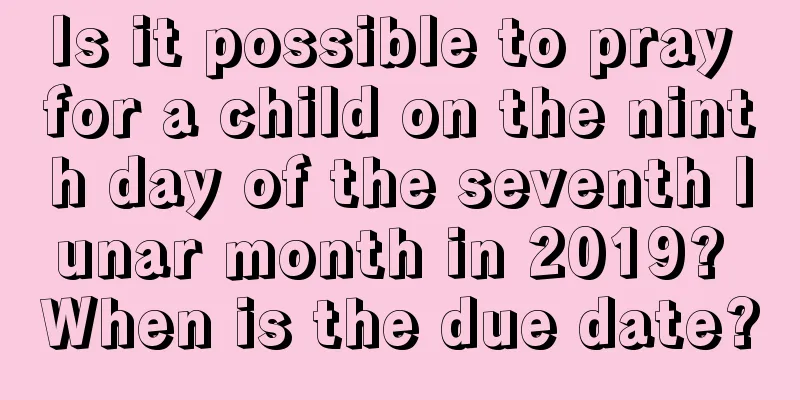Laba Festival 2020: The Origin and Customs You Must Know

Laba Festival is at the end of the year, which is the day to make a summary. However, in many cases, Laba Festival indicates that the coming year will be better, and many people will choose to make good wishes on Laba Festival. Laba Festival is a festival for worshiping ancestors and gods and praying for a good harvest and good luck. Later, with the introduction of religion in the Eastern Han Dynasty, in order to expand its influence in the local area, the traditional culture was attached to Laba Festival and it was designated as the day of Buddha's enlightenment. What I want to share with you today is the origin and customs of Laba Festival that you must know! Shuimoxiansheng.com has carefully compiled detailed information about the twelfth lunar month of 2019. If you want to know the auspicious and inauspicious days in the twelfth lunar month, just go to Shuimoxiansheng.com.What is Laba Festival?Laba Festival, commonly known as "Laba", is the eighth day of the twelfth lunar month. The ancients had the tradition of worshiping their ancestors and gods and praying for a good harvest and good luck. In some areas, there is a custom of drinking Laba porridge. According to legend, this day is the day when Buddha Shakyamuni attained enlightenment, and is called the "Dharma Treasure Festival", which is one of the grand festivals in Buddhism. The Origin of Laba FestivalThe month at the end of the year is called "La" for three reasons: One is that "La means connection", implying the alternation of the old and the new. The second is "La is the same as hunting", which refers to hunting to obtain animals for offering sacrifices to ancestors and gods. "La" is derived from "meat", which means using meat for "winter sacrifice"; The third is "La Festival, to drive away epidemics and welcome spring." Therefore, Laba Festival is also called "Buddha's Enlightenment Festival" or "Enlightenment Festival". In fact, it can be said that the eighth day of the twelfth lunar month is the origin of Laba Day. Customs of Laba FestivalSacrifice <br /> It is said that before Sakyamuni attained Buddhahood, he practiced abstinence and asceticism until he fainted from hunger. A shepherdess mixed grains with wild fruits and cooked porridge with spring water to wake him up. Sakyamuni meditated hard under the Bodhi tree and finally attained enlightenment and became a Buddha on December 8th. From then on, Buddhism designated this day as "Buddha's Enlightenment Day", and people recited sutras to commemorate it, and it became a festival. In the Ming and Qing dynasties, worshiping gods and offering sacrifices to Buddha became the main theme of Laba Festival. The main customs of the festival are to cook, give away and taste Laba porridge, and hold celebrations to celebrate the harvest. At the same time, many families have begun the preparations for the Spring Festival, busying themselves with slaughtering the New Year pig, making tofu, making wind-dried fish and bacon, and purchasing New Year goods. The atmosphere of the "New Year" gradually becomes stronger. diet ——Laba porridge There is a custom of eating Laba porridge on the eighth day of the twelfth lunar month. Laba porridge is also called seven treasures and five flavors porridge. The history of drinking Laba porridge in my country has been more than one thousand years. It first began in the Song Dynasty and became popular in the Qing Dynasty. On the eighth day of the twelfth lunar month, people from the imperial court, government offices, temples and ordinary households all make Laba porridge. Although the ingredients of Laba porridge vary in different regions, they basically include rice, glutinous rice, lotus seeds, wolfberries and other grains. Laba porridge is not only a seasonal delicacy, but also a good health product, especially suitable for maintaining the spleen and stomach in cold weather. ——Laba vinegar Laba vinegar, a traditional Laba Festival custom. In northern China, there is a custom of soaking garlic in vinegar on the Laba Day, which is called "Laba vinegar". Laba vinegar should be soaked until the first day of the New Year. When eating dumplings on the first day of the New Year, you should eat vegetarian dumplings, which means a clean and vegetarian year. Dipping them in Laba vinegar will have a special flavor. ——Laba Garlic Laba Garlic is the garlic pickled on the eighth day of the twelfth lunar month. It is a custom in the north, especially in North China. The ingredients are vinegar and garlic cloves. In northern China, when the eighth day of the twelfth lunar month arrives, the atmosphere of the New Year becomes more and more festive. In most parts of North China, there is a custom of pickling garlic in vinegar on this day. Summary: Laba Festival is approaching, and the festive atmosphere is getting stronger. I wish every family can harvest happiness in Laba Festival! |
>>: Is it auspicious to move house on Laba Festival? Do you know the legend about Laba?
Recommend
Is the fate of a boy born on April 24, 2019 in the lunar calendar good or bad?
The fate of people born on different days is diffe...
2017 October 8th Hour Lucky and Unlucky Query, Hour Lucky and Unlucky Query
In early winter, October, you begin to feel a lit...
Is the seventh day of the seventh lunar month in 2017 a good date for Chinese Valentine's Day? Is it appropriate to have a baby by caesarean section?
Introduction: In our country, many people still pa...
Is it suitable to move house on Qingming Festival in 2020? Is it a good day to move into a new house?
Qingming Festival is one of the important traditio...
What festivals and customs are there in the sixth lunar month of 2018?
Introduction: There are 12 months in a year, and e...
Is it a good day to travel on the 14th day of the first lunar month in 2019?
This day is the day for testing lanterns during th...
What day is the sixth day of the tenth lunar month in 2017? What month and date is it?
Good things always happen in winter, because peop...
Detailed explanation of the God of Wealth's position on the 13th day of the fifth lunar month in 2020
Detailed explanation of the position of the God o...
Is the tenth day of the fifth lunar month in 2018 a good day to sign a contract?
The lunar calendar is an important part of my coun...
Is it a good idea to move into a new house the day before the Winter Solstice in 2019? Why do we eat dumplings on the Winter Solstice?
Introduction: It is also necessary to choose an au...
How to name a baby boy born on the 29th day of the sixth lunar month in 2018? What is the date like?
People are constantly experiencing the process of ...
What are the do’s and don’ts on the 17th day of the first lunar month in 2018?
What day is the 17th day of the first lunar month...
What is the Grain Full solar term and what is its origin?
Introduction: In the blink of an eye, the fourth m...
Will it rain during the Great Heat of 2019? Is the Great Heat of 2019 an auspicious day?
Introduction: Great Heat is one of the 24 solar te...
What is the lunar calendar for October 17, 2021? Is this a good day to install a new bed?
The tenth month of the lunar calendar is already h...









